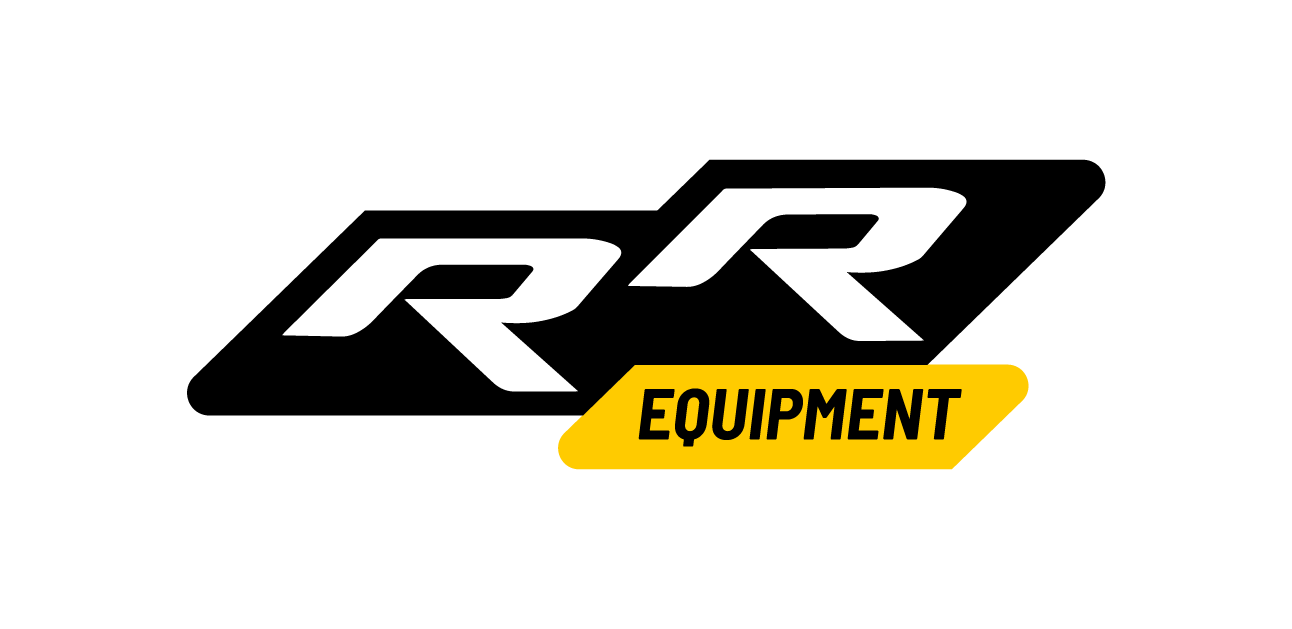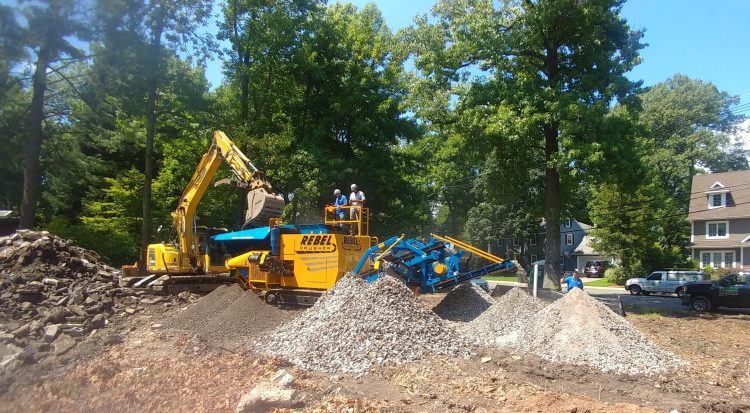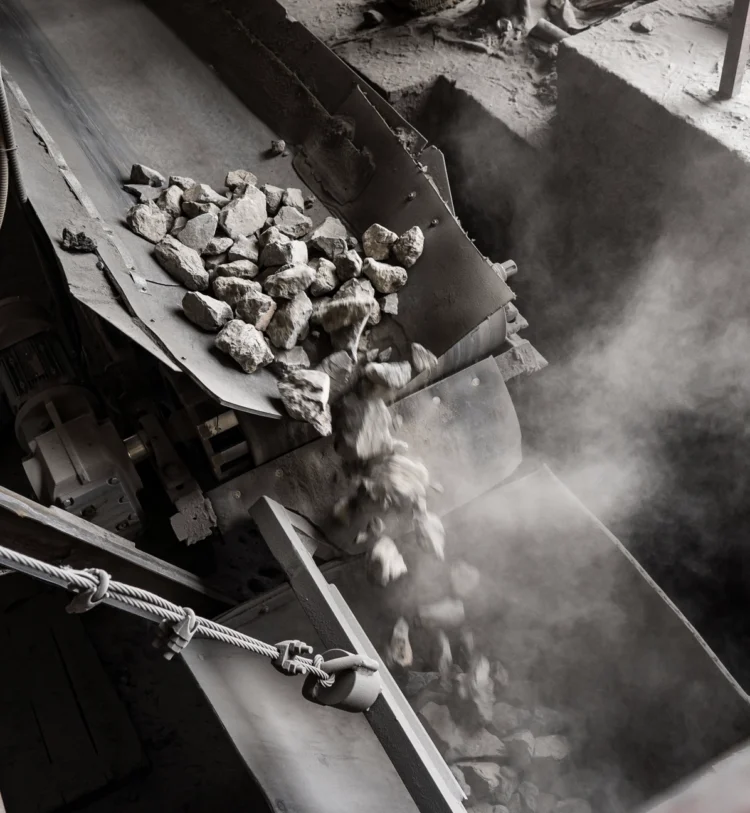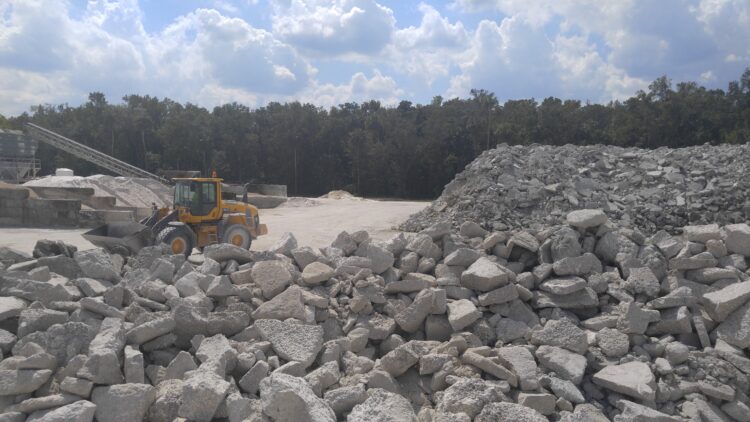Looking for a cost‑cutting way to recycle sidewalk slabs, driveway tear‑outs, or small demolition piles? A small concrete crusher, also known as a mini concrete crusher or sometimes a compact concrete crusher, turns bulky waste into base material right where you work. In 2025, advances in engineering and technology mean even these compact units can deliver sufficient power while meeting most local and federal noise and emmission standards, if any. This gives contractors a nimble, budget‑friendly path to sustainable concrete recycling.
What Do We Mean by “Small”?
It depends on what you consider to be small. Small is a relative term. It could be the overall size of the portable or mobile concrete crusher or concrete crushing plant. It could also refer to the size of the feed opening of the concrete crusher.
In most cases, contractors would classify a small concrete crusher as one that can be easily moved, transported, and/or moved onsite. It may refer to a lower price point and could be very small or medium-sized.
Generally speaking, small crushers refer to legal loads for transport requiring no permits for weight or size. Crushers that weigh less than 20 tons (40,000 lbs. can be legally transported anywhere in the USA without any overweight permits.
Generally speaking, the crusher feed opening in the range of 2 feet wide X 15” across would be considered small.
Crushers with limited capabilities and few options may be considered small. Crushers that have less options such as magnets, screens or by
Any crusher having a diesel power source less than 200 HP would be considered small.
Any crusher that is priced below $400K USD with a screen may also fall into the “small” crusher category.
There are exceptions to this. As you know, there are exceptions to nearly every rule. The REBEL CRUSHER is an exception and a clear standout. The REBEL CRUSHER has a HUGE Feed opening of nearly 2 feet X 3 feet which is considered to be in the medium to large crusher category. However, it weighs less than 20 tons(40,000 lbs.). It is priced like a small crusher being less than $400K yet has over 200 diesel HP similar to medium to large crushers.
The REBEL CRUSHER’S slogan is “There’s NOTHING like it”. In this case, the slogan would be 100% accurate.
A small concrete crusher could be a jaw crusher or an impact crusher. It’s safe to say that a small concrete crusher should be affordable, easy to move, and not be expected to produce significant production rates. A small concrete crusher would most likely not be used to reduce and crush a pile of concrete that is more than, for example, 10,000 tons. This is subject to debate but in general, a small concrete crusher would tackle small piles that are usually 1-5,000 tons.
Rather than haul waste concrete to a landfill or dump site, many people are opting to crush the waste concrete onsite and produce a marketable and usable product.
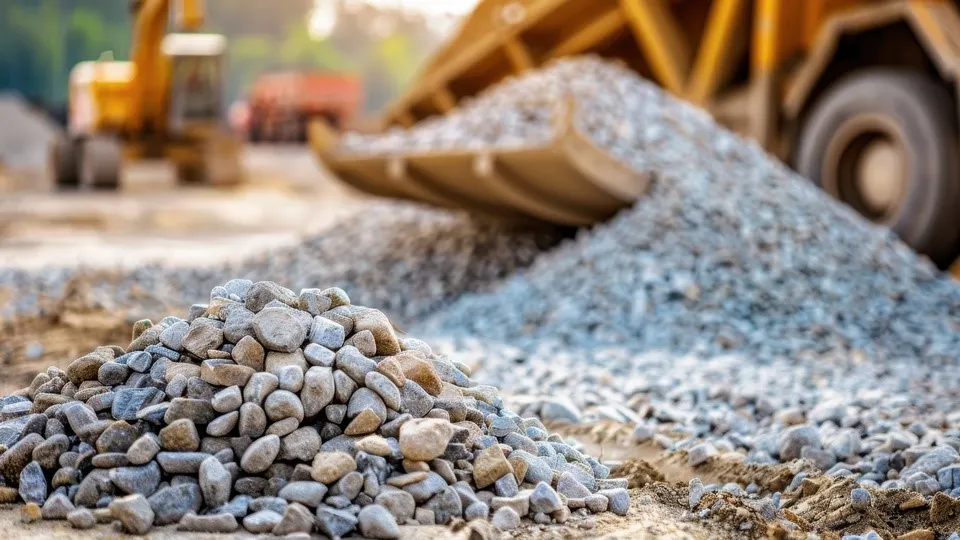
Crushing Waste Concrete On‑site in a Residential Setting
As the cost of crushed stone rises, crushed concrete can be a viable substitute. Small concrete crushers can now be utilized to produce material on a smaller scale and can be profitable. High trucking costs and dump fees contribute to contractors trying to find solutions that save or make them money.
Crushers that have larger feed openings of approximately 3 feet and have the appropriate horsepower, may be considered small to medium. Again, small is a relative term.
Medium size concrete crushers may be more popular because many jobs and piles of material are considered medium. You can use a medium sized concrete crusher to do small work and small piles but using a small crusher to do medium sized work could be frustrating. Similarly, there is a time for large and expensive crushing systems when medium sized crushers are simply not large enough.
In deciding what size crusher may be best for all or most of one’s needs, a medium sized machine with the ability to produce a variety of different sizes would offer the flexibility and versatility that most contractors’ require. Not knowing what the future will hold and what size crushed material may be in demand, it’s wise to choose a machine that can be adjusted and modified in order to produce what is required now or in the future. Small or medium crushers are normally adjustable to produce base material from 3” minus to about 1” minus. The term “base” would refer to material that is not perfectly screened but rather is a combination of material from the largest piece to powder/dust.
If clean material is required, it would be crushed first and then screened to remove unwanted dust or smaller sizes. A screening system that follows the crusher would enable users to home in on the exact size or sizes that are required. Screens can be fitted with wire screen mesh that vary in size.
As an example, if a screen has a 2 inch top deck mesh and a 1 inch bottom deck the material produced could be 2 inch plus clean , 2 inch to 1 inch clean and 1 Inch minus.
Adding a screen or screening plant after the crusher provides maximum versatility by allowing operators to control material size after it is crushed.
Crushing Waste Concrete with the Rebel Crusher
Understanding your needs and the size of most of your work, will enable you to choose the right sized concrete crusher to tackle most of your work. Many people will choose a medium sized concrete crusher and use it for small, medium and large jobs. As with anything, when in doubt, most people will split the difference and choose the middle.
The Rebel Crusher makes this choice easy since it’s capable of crushing small to large jobs and everything in between.
Of course, there are many considerations when choosing the appropriate crusher. Price, service, support, parts availability, fuel consumption, versatility, mobility, options, magnets, screens, feed opening, horsepower, size, weight, Country of manufacture, add Ons as well as production rates, to name a few.
Customers must choose wisely and not focus on price only. As with any machine purchase, it’s very important that the machine gets the job done. Rule of thumb would be to select the appropriate machine that gets the job done while making sure the price makes sense.
There are a variety of other factors to consider when selecting the brand of machine. Do the people who represent the product understand the BUSINESS of running the machine? Does the brand’s dealer or manufacturer have data on how to rent, bid jobs, crush for hire, maintain and understand how the machine will make or save them money?
Does the company who sells the crusher have a support system that is accessible and knowledgeable?
Does the brand have recognition and inherent resale value? After all, customers are making an investment and it’s nice to know the machine has value when it comes time to remarket it.
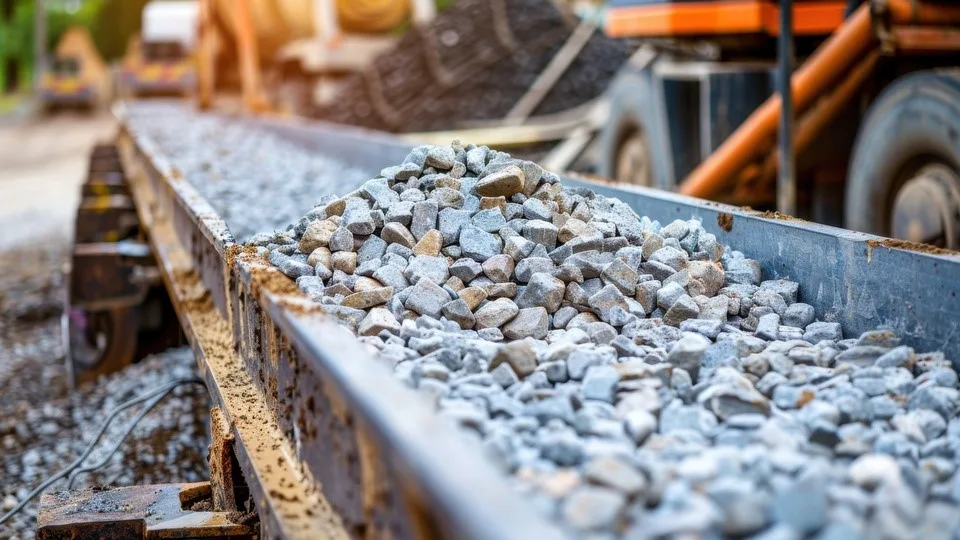
Why Choose a Mini, Mobile or Portable Concrete Crusher in 2025?
- Tier 4 Final & hybrid engines cut emissions while meeting EPA and EU requirements. These are good for urban or residential projects and may be required in certain states, such as California. Having the latest model ensures compliance with the latest government regulations, if any.
- On‑site recycling slashes trucking costs and helps contractors comply with state standard‑permit dust regulations. Imagine being able to process waste and leave it onsite as fill or base. The savings can be enormous, not to mention efficient.
- Compact footprints (many models under 30 ft long and <30 k lbs.) make it possible to work in tight driveways or backyards.
- Hourly production for today’s mini jaw crushers ranges from 10–90 TPH generally speaking, enough to clear a decent size pile in about 1-2 weeks.
Common Types of Small Concrete Crushers
| Crusher Style | Typical Feed Opening | Best For | Key Keywords |
|---|---|---|---|
| Compact Jaw Crusher | 16–27 in (single toggle) | Rebar-free slabs, block & curb | small concrete crusher, mobile jaw crusher |
| Small Impact Crusher | 30 in rotor | Highly fractured concrete, asphalt | small impact crusher, portable concrete crusher |
| Hybrid Mini Crusher | ≤20 in jaw + electric drive | Noise-restricted or indoor work | mini concrete crusher, battery crusher |
Sizing Guide: Mini vs. Small vs. Medium Crushers
| Project Size | Typical Pile (tons) | Recommended Crusher | Daily Throughput |
|---|---|---|---|
| Backyard patio demo | ≤500 | mini concrete crusher | 50 TPH |
| Residential teardown | 1,000–3,000 | small portable concrete crusher | 60–90 TPH |
| Small commercial lot | 3,000–10,000 | mobile concrete crusher (medium) | 120 TPH+ |
Pro tip: For piles above 10 k tons, rental of a larger “150 TPH class” concrete crushing machine often delivers a lower cost per ton depending on the cost of the larger machine and a variety of other considerations.
Key Specifications to Compare
- Jaw or Impact Crusher Feed opening, Impact Rotor Size: dictates max chunk you can feed.
- Engine Compliance (Tier 2, 3, 4 Final / Stage V): mandatory in most U.S. states from 2024 onward. Engine Horsepower and fuel consumption rate.
- Weight & Transport Width: Under 8′ 6″ wide X 9’ H X 35 feet L and 20 tons or less, keeps you below most special‑permit thresholds.
- Dust Suppression Package: May be required by air‑quality standard permits.
Frequently Asked Questions (FAQs)
Can I use a portable concrete crusher in a residential neighborhood?
Yes, provided the unit meets local and federal regulations for noise, dust and/or emissions. Typically stating about 100 ft from property lines while using on‑board water mist to control dust, is allowable.
How much concrete can a mini concrete crusher process per hour?
As discussed earlier, it varies based on feed opening as well as discharge setting. Overall, small to medium machines having about a 12″ X 24” Feed opening deliver up to about 60 tons per hour in demolition rubble.
Is a mobile concrete crusher the same as a portable one?
Both are movable, but mobile crushers usually track or crawl on site under their own power, whereas portable crushers need a trailer for relocation. Many customers prefer the onsite mobility of track/mobile crushers over portable or towable ones. In addition, every state has different DOT laws that regulate portable or towable trailers including portable crushers.
Customers who choose mobile crushers can track them onto DOT approved trailers and move them safely from job to job without scrutiny from local or federal enforcement.
What size rebar can a small crusher handle?
Jaw units with a 24″ opening typically accept #5 to #8 rebar proving the crusher setting is larger than the rebar number. Impact units can experience damage to wear parts or the rotor when excessive rebar or larger rebar enters the crusher chamber.
Impact crusher units try to impact or explode material at high speed, therefore contributing to their excessive wear when rebar enters the chamber.
Do I need special permits to operate a concrete crushing machine?
Outside of mining sites, it may be required to apply for an air quality permit at least. It depends on the local municipality, state and the location of the jobsite. Most U.S. states issue either a Standard Permit (for plants ≤150 TPH) or a site‑specific NSR permit; both address noise, dust, and engine emissions. It’s best practice to check with local agencies prior to processing to be sure you’re in compliance.
Ready to Crush Smarter with a Small Concrete Crusher?
Whether you need a mini-small crusher for tight urban work or a compact medium size jaw crusher that can be fed with an inexpensive skid‑steer, our team can match you with the right solution. Call 803-590-6894 or contact us to get a quote.
